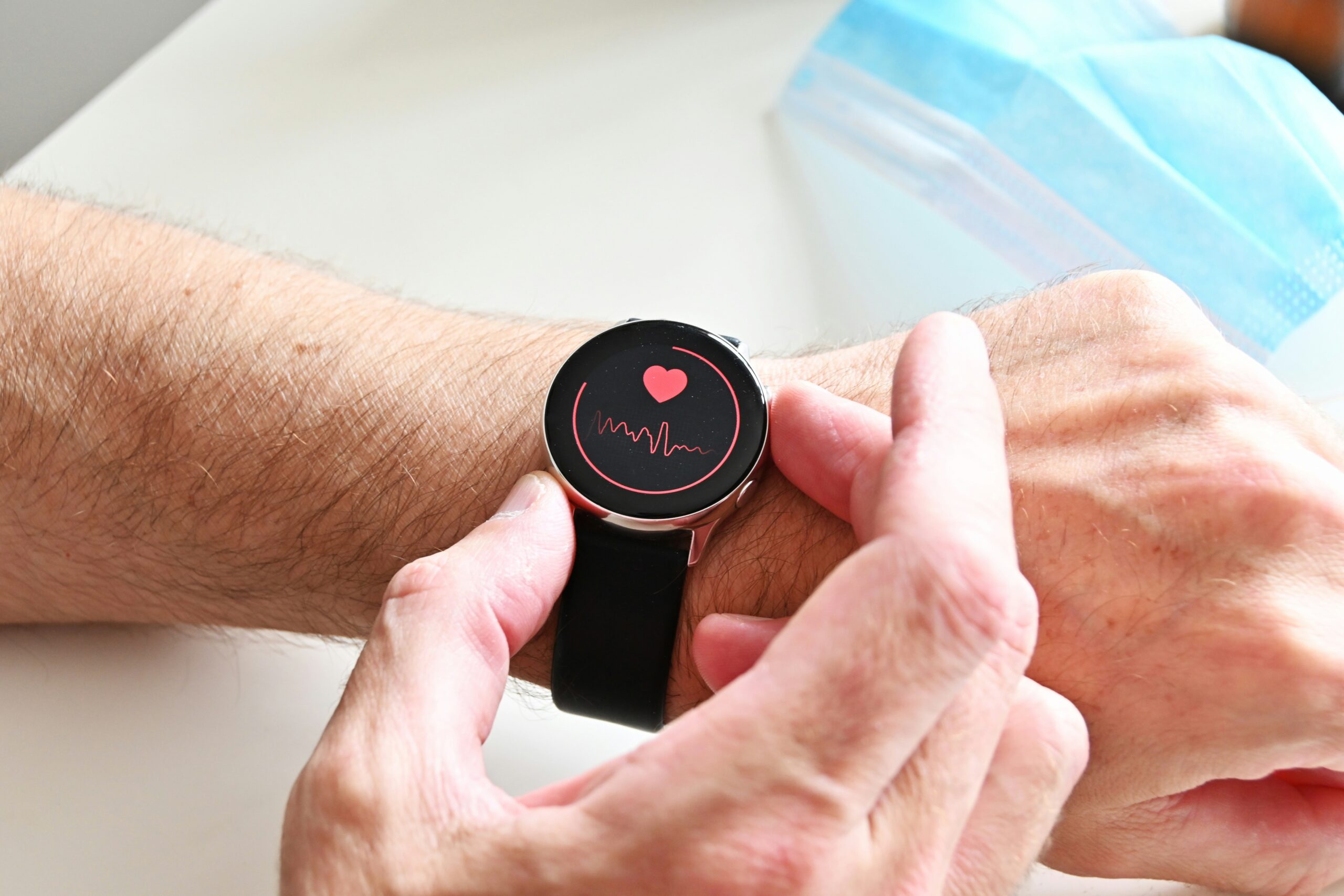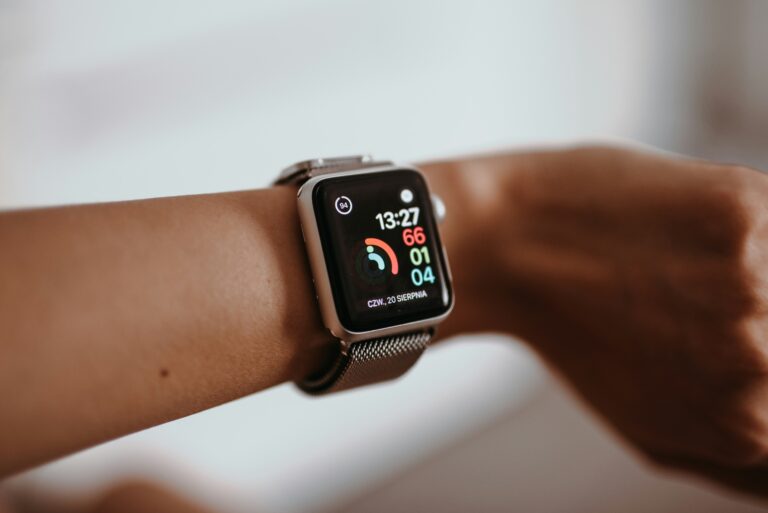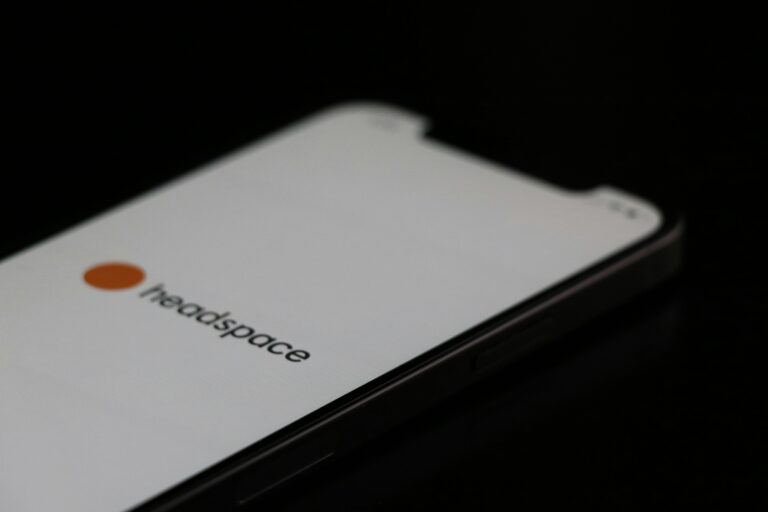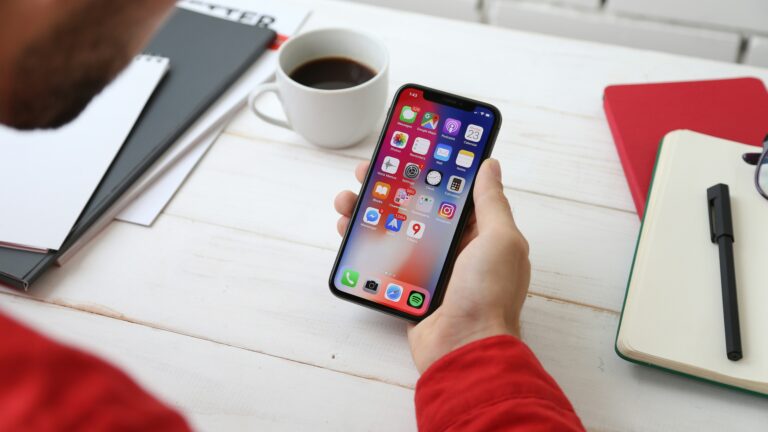7 Smart Devices That Can Save Your Heart in 2025
I feel like there are a lot of people suffering from heart diseases nowadays, even young people. That’s why I’m sharing 7 Smart Devices That Can Save Your Heart in 2025, because technology is making it easier than ever to detect problems early and protect your heart health. Heart health is one of the most vital aspects of your body, as the heart is the primary organ that pumps blood throughout the body. According to the World Health Organization (WHO), cardiovascular diseases are the leading cause of death globally, responsible for nearly 17.9 million lives each year. The good part is that these deaths are preventable with earlier detection and monitoring.
As this is an era of technological advancement, where everything has been made easy with the use of these handy devices we carry along with us all day, smart wearable devices are one of these. These wearable devices have evolved into a life saving tool for many people that can alert you to irregular heart rhythms, high blood pressure, and other silent red flags.
As Dr. Eric Topol, cardiologist and digital health expert, says:
“Wearable devices are transforming preventive medicine by catching problems before they become life-threatening.”
To read more health-related articles, visit https://healnology.com/
Why Smart Wearables Are Crucial for Heart Health
There are some silent warning signs that our heart might give us before major strokes or cardiac arrest, which we might ignore because us being too busy with our daily chores. This is an alarming problem that can cause major heart issues that needed prior detection. That’s when the smart wearables step in. These devices can monitor your heart rhythm in real time, track blood pressure and oxygen levels, and send alerts when irregular heartbeat patterns are detected.
According to the American Heart Association, early detection combined with lifestyle changes can reduce the risk of heart disease by up to 80% (source). With wearable devices, the chances of noticing and addressing problems earlier become significantly higher.
Did you know taking care of your mental health leads to better heart health? And if you are suffering with anxiety or depression, and want to choose between meditation or medication to treat it, I’ve an article written for you, Meditation vs Medication: Which Mental Health Strategy Is Right for You?
7 Smart Devices That Can Save Your Heart in 2025
Let’s have a comprehensive discussion about the 7 best wearables for heart health:
1. Apple Watch Series 9 — ECG & Irregular Heart Rhythm Alerts
The most popular and most used wearable health device is the Apple Watch Series 9. It has an FDA-approved ECG app that can detect atrial fibrillation (AFib), a dangerous irregular heartbeat. Beyond ECG, it monitors blood oxygen, tracks heart rhythm, and even has fall detection. Stylish, accurate, and medically backed, it’s a strong choice for iPhone users.
👉 Explore Apple Watch
2. Fitbit Sense 2 — Stress & Heart Rhythm Monitoring
The Fitbit Sense 2 brings together ECG, heart rate variability (HRV), and stress tracking. As stress plays a direct role in heart health, this device is designed to help you manage both stress and heart health. Not only this, but it also helps you track your overall wellness, including sleep tracking and guided breathing.
👉 Explore Fitbit Sense 2
3. Samsung Galaxy Watch 6 — Blood Pressure + ECG
Another one is the Samsung Galaxy Watch 6, which has an amazing feature of tracking your blood pressure, plus it helps in ECG monitoring. If you’re going through hypertension or just want to track your fitness, this watch is a must have.
4. Withings ScanWatch — Medical-Grade Monitoring
The Withings ScanWatch is one of the most reliable options because it was developed with cardiologists. This device has a medical-grade ECG, blood oxygen monitoring, and it can also detect sleep apnea. A wonderful part about this watch is its 30-day battery life that ensures consistent monitoring without constant charging.
👉 Explore Withings ScanWatch
5. Garmin Venu 3 — Fitness + Heart Rate Variability
The Garmin Venu 3 is an ideal choice for those who want to balance their fitness and cardiovascular health. It was designed for athletes, but it has smart heart monitoring tools as well. It tracks ECG, pulse oximetry, and heart rate variability (HRV) to measure stress and recovery.
👉 Explore Garmin Venu 3
6. AliveCor KardiaMobile — Pocket ECG Device
The AliveCor KardiaMobile is another example of an amazing technological invention. It isn’t a watch but a pocket-sized ECG device. It provides medical-grade heart readings, detecting AFib and irregular rhythms in just 30 seconds. This is a handy device best for someone with existing heart issues.
👉 Explore AliveCor KardiaMobile
7. Oura Ring Gen 3 — Heart Health Meets Sleep Recovery
Who knew there would come a small ring to protect your overall heart health? Yes, the Oura Ring Gen 3 proves that smart wearables don’t have to be bulky. This ring tracks resting heart rate, heart rate variability, and sleep cycles. As sleep quality is vital for cardiovascular health, the Oura Ring focuses on tracking your overall well-being.
👉 Explore Oura Ring
Who Should Use Heart-Health Wearable Devices?
The heart-monitoring wearables are not only designed to track your heart, but they have other wonderful features as well, making them a good option for people of any age. But they are especially useful for people over 40, when hypertension or diabetes becomes common, or anyone having a family history of cardiovascular disease. Even fitness enthusiasts use them to track heart strain during exercise.
A 2023 study from the Cleveland Clinic confirmed that consistent use of heart-health wearables improved patient treatment and encouraged healthier lifestyle changes (source).
As Dr. Leslie Saxon, cardiologist at USC’s Center for Body Computing, explains:
“Wearable devices give patients the ability to engage with their own health in real time, which is a game-changer for heart care.”
You can also read our article on 7 Best Free Mental Health Apps for Stress and Anxiety Relief
Do Smart Wearable Devices Replace Doctors?
The Smart Wearable Devices are designed to detect irregularities and provide valuable data. Hence, professional medical care is not to be replaced by any of these devices because proper treatment and diagnosis still require professional doctors.
As Dr. John Mandrola, cardiologist, notes:
“Wearable ECGs are excellent at detection, but only a trained doctor can provide accurate diagnosis and treatment.”
Wearables should be seen as partners to medical care, helping you stay alert between doctor visits, not replacing them.
Final Thoughts
In 2025, smart wearable devices are no longer just tech gadgets, but they are powerful partners in protecting your heart health. From ECG-enabled watches to discreet smart rings, these devices act as early detection systems while encouraging healthier daily habits.
As Dr. Martha Gulati, President of the American Society for Preventive Cardiology, says:
“Prevention starts with awareness. Wearables give people the awareness they need to make lifestyle changes before it’s too late.”
With these 7 Smart Devices That Can Save Your Heart, you can take control of your heart’s well-being, stay alert, and live smarter.
👉 As stress and heart health are interrelated, you can check out our article onHow to Manage Stress for Better Physical Health




